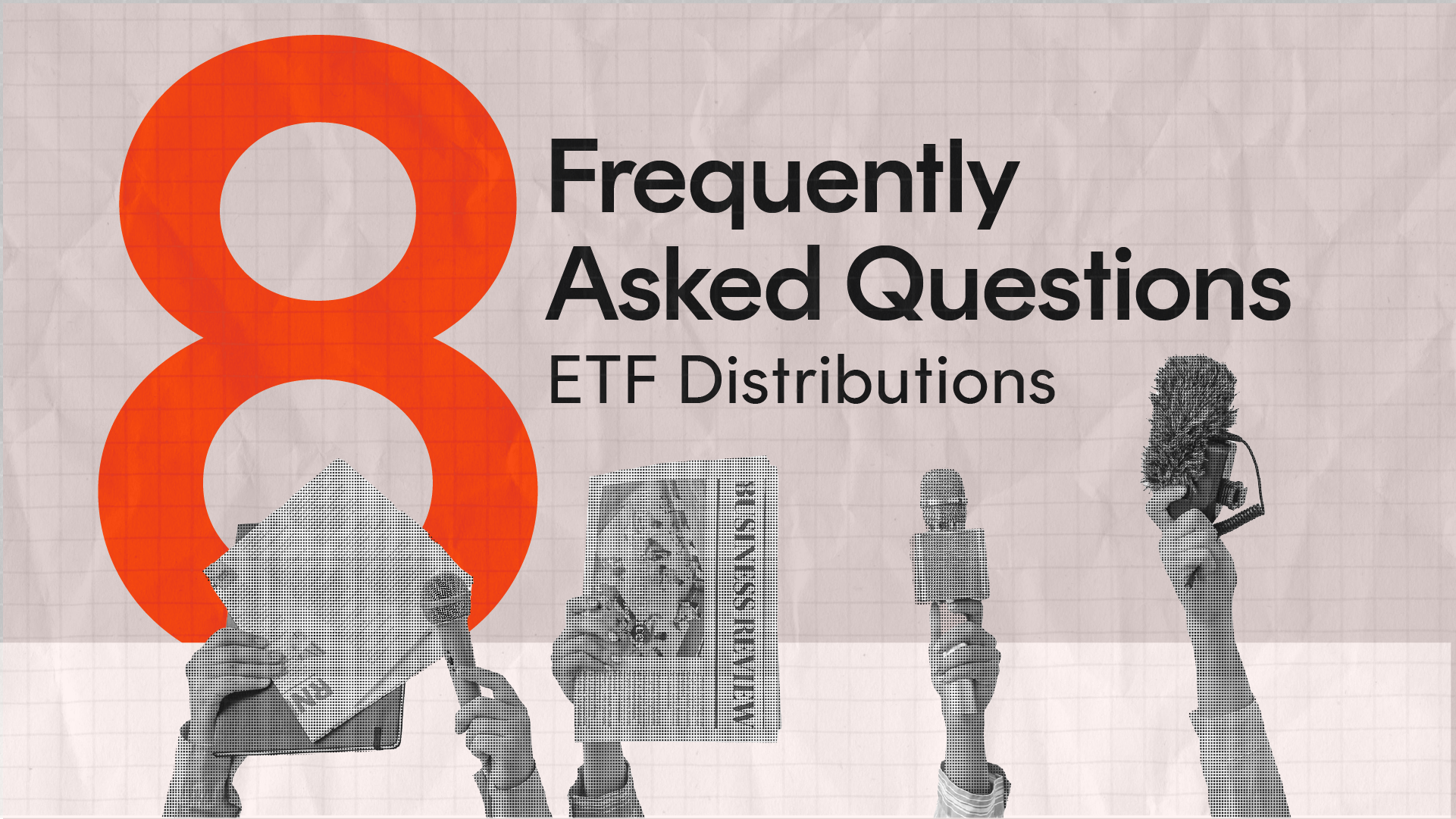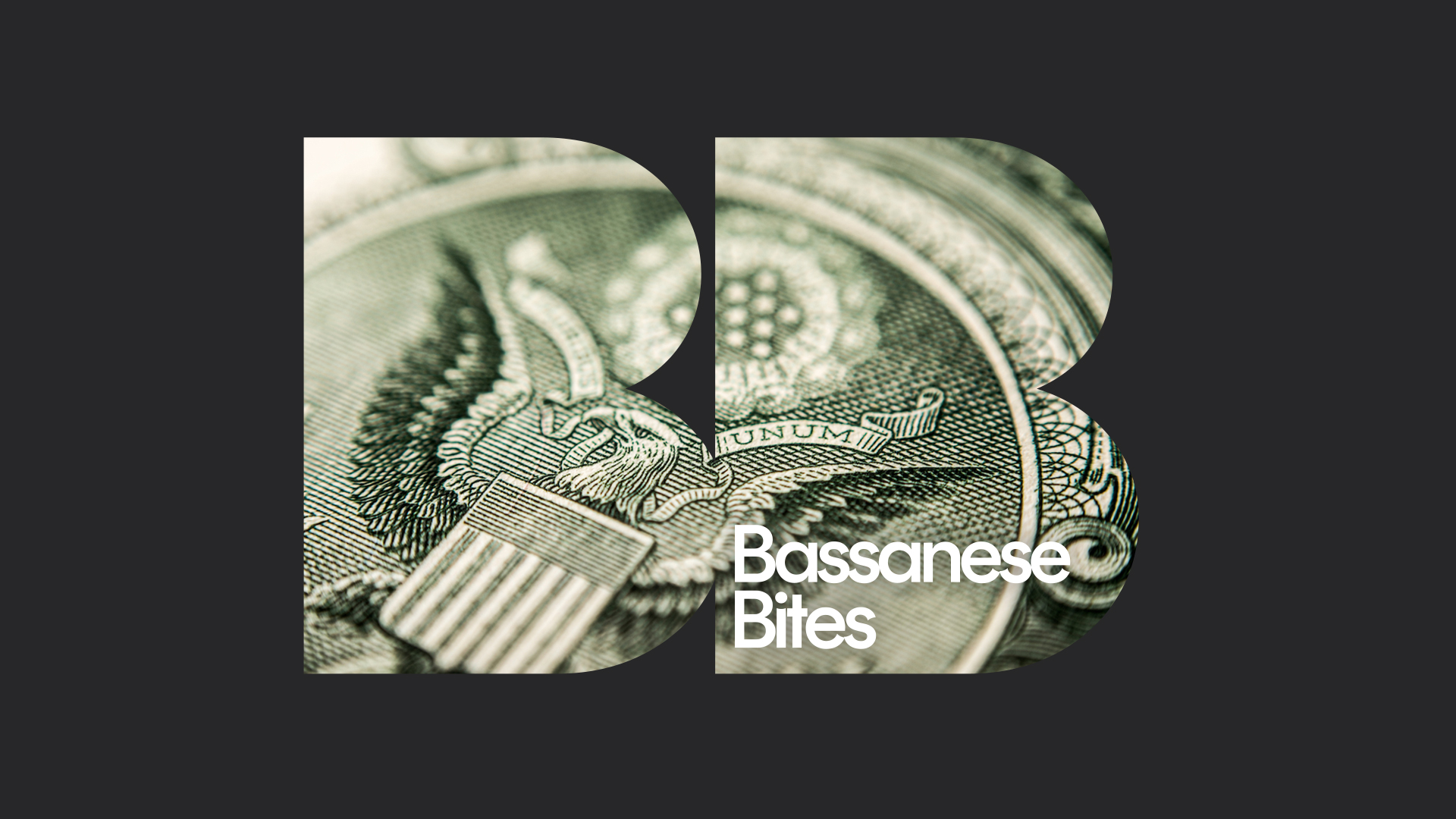ETF distributions: frequently asked questions
5 minutes reading time
Ethical and responsible investing have gained significant traction in recent years as investors turn to ETFs, not only to achieve their financial goals but also to drive long-term social and environmental change worldwide.
Amidst climate change and the transition towards a low-carbon economy, propelling this growth are new opportunities for investors in the form of government policies and incentives.
In this blog, we delve into the main sources of growth and how you can access ethical and responsible ETFs.
Global policies
The growth of ethical and responsible ETFs is happening alongside the introduction of new policies and packages around the world to lower carbon emissions.
Last year, President Joe Biden signed into law a United States climate and tax package that unlocks US$369 billion in funding for renewable energy projects1.
Locally, the Australian government passed the Climate Change Bill 2022 which mandates reducing greenhouse gas emissions by 43% from 2005 levels by 20302.The 2022/23 federal budget also outlined initiatives to enable this target3.
This legislation, both in the US and in Australia, is designed to spur investments in new energy industries, which in turn may provide opportunities for investors seeking exposure to the renewable energy sector.
Some ethical and responsible exposures that may benefit from these policy changes include renewable energy, such as solar and energy transition metals.
Crunching the numbers
Our analysis of ASX and CBOE ethical and responsible ETFs revealed that funds under management (FUM) reached $10.64 billion at the end of May4, with Betashares currently holding around $4.7 billion of the total FUM.
Over the course of 2022, we found that ethical and responsible ETFs saw inflows of $1.8 billion. So far this year, $346 million of new money has flowed into funds in this category.
So, who exactly are these investors? Simply put, the adoption of ethical and responsible ETFs can be seen by investors from all walks of life.
While younger investors are perhaps considered the poster child for the adoption of ethical and responsible ETFs, we’re now seeing increasing adoption from a broad range of Australian investors including self-managed super funds.
Recent data from Betashares and Investment Trends5 reinforced this and showed that 7% of all ETF investors planned to make their next ETF investment in the responsible investment category, with all age groups broadly consistent with that amount.
At a base level, however, there is a growing cohort of investors who are seeking to align their portfolios with their values while also meeting their investment objectives.
Investors who are seeking to build a responsible portfolio are increasingly attracted to ETFs as the main vehicle to achieve their objectives. The cost effectiveness of ETFs combined with the ability to look under the hood and review the holdings, is a significant advantage for investors.
Investors can build a responsible investment portfolio across a growing range of asset classes because of the larger universe of ETFs in the category.
The reality is that investors increasingly recognise there is no need to sacrifice their investment objectives over the long term to build a portfolio that aligns with their values.
Easy to access
Building an ESG portfolio can be a complex process to understand each company’s global ESG policy and complete due diligence to assess the risk associated with each investment.
This is where ethical and responsible ETFs come in, by removing a lot of the groundwork for investors and ensuring that the background work is done for a range of different investments from global equities to energy transition metals.
Investors looking to build an ethical global equities core in their portfolio may consider ETHI Global Sustainability Leaders ETF , which provides exposure to a portfolio of large global stocks identified as ‘Climate Leaders’.
These companies have also passed screens to exclude companies with direct or significant exposure to fossil fuels or engaged in activities deemed inconsistent with responsible investment considerations.
For those seeking domestic ethical equity exposure, investors may look to FAIR Australian Sustainability Leaders ETF .
FAIR invests in a portfolio of Australian companies that have passed screens to exclude companies with direct or significant exposure to fossil fuels or engaged in activities deemed inconsistent with responsible investment considerations.
And for investors who are seeking more specific sustainability-themed exposures for satellite positions in their portfolios such as solar, climate change innovation or energy transition metals, could look to the following ETFs:
Growing towards a sustainable future
Ethical and responsible ETFs offer investors an accessible and impactful way to align their values with their investments.
As global policies continue to drive the transition towards a sustainable future, the demand for ethical investments is expected to grow, providing investors with diverse opportunities to generate financial returns while making a positive difference.
There are risks associated with an investment in the funds mentioned in this article including:
- ETHI Global Sustainability Leaders ETF : market risk, international investment risk, non-traditional index methodology and foreign exchange risk.
- FAIR Australian Sustainability Leaders ETF : market risk, non-traditional index methodology risk and sector concentration risk.
- FAIR Australian Sustainability Leaders ETF : market risk, sector concentration risk, international investment risk and regulatory risk.
- ERTH Climate Change Innovation ETF : market risk, international investment risk, sector risk and non-traditional methodology risk.
- XMET Energy Transition Metals ETF : market risk, international investment risk, commodity price and ETM company related risk and concentration risk.
Investment value can go up and down. An investment in the funds in this article should only be considered as a part of a broader portfolio, taking into account the investor’s particular circumstances, including their tolerance for risk. For more information on risks and other features of these funds, please see the Product Disclosure Statement and Target Market Determination, both available at www.betashares.com.au.
References:
1. Inflation Reduction Act of 2022
2. Inflation Reduction Act of 2022
3. Bloomberg, Betashares.
4. Bloomberg Markets Live Pulse Survey, Bloomberg Markets Live Pulse Survey, based on survey with 637 respondents carried out 8-12 May 2023.Debt-Limit Default Risk Is Higher Than Ever. How Can You Safeguard Your Wealth?



